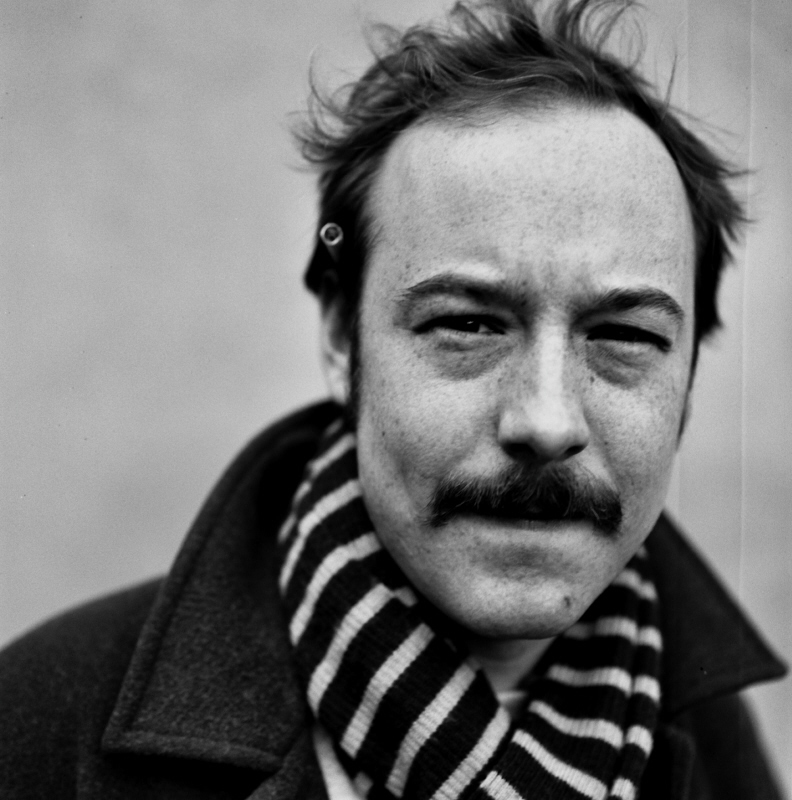Aubade in Autumn
by Peter Everwine October 15, 2007
This morning, from under the floorboards
of the room in which I write,
Lawrence the handyman is singing the blues
in a soft falsetto as he works, the words
unclear, though surely one of them is love,
lugging its shadow of sadness into song.
I don’t want to think about sadness;
there’s never a lack of it.
I want to sit quietly for a while
and listen to my father making
a joyful sound unto his mirror
as he shaves—slap of razor
against the strop, the familiar rasp of his voice
singing his favorite hymn, but faint now,
coming from so far back in time:
Oh, come to the church in the wildwood . . .
my father, who had no faith, but loved
how the long, ascending syllable of wild
echoed from the walls in celebration
as the morning opened around him . . .
as now it opens around me, the light shifting
in the leaf-fall of the pear tree and across
the bedraggled back-yard roses
that I have been careless of
but brighten the air, nevertheless.
Who am I, if not one who listens
for words to stir from the silences they keep?
Love is the ground note; we cannot do
without it or the sorrow of its changes.
Come to the wildwood, love,
Oh, to the wiiildwood as the morning deepens,
and from a branch in the cedar tree a small bird
quickens his song into the blue reaches of heaven—
hey sweetie sweetie hey.


2 comments:
No, you're right. It is onomatopoeia. buzz for bees, oink for pigs, sweetie hay for birds I guess.
That's an awesome poem, but I don't think that last line is onomatopoeic, since "hey sweetie" are real words which bear no distinct relation to a bird's call other than that they just happen to resemble a certain one. Every other onomatopoeia began with the source, and then came the onomatopoeia, not the other way around as is the case in this poem.
Post a Comment